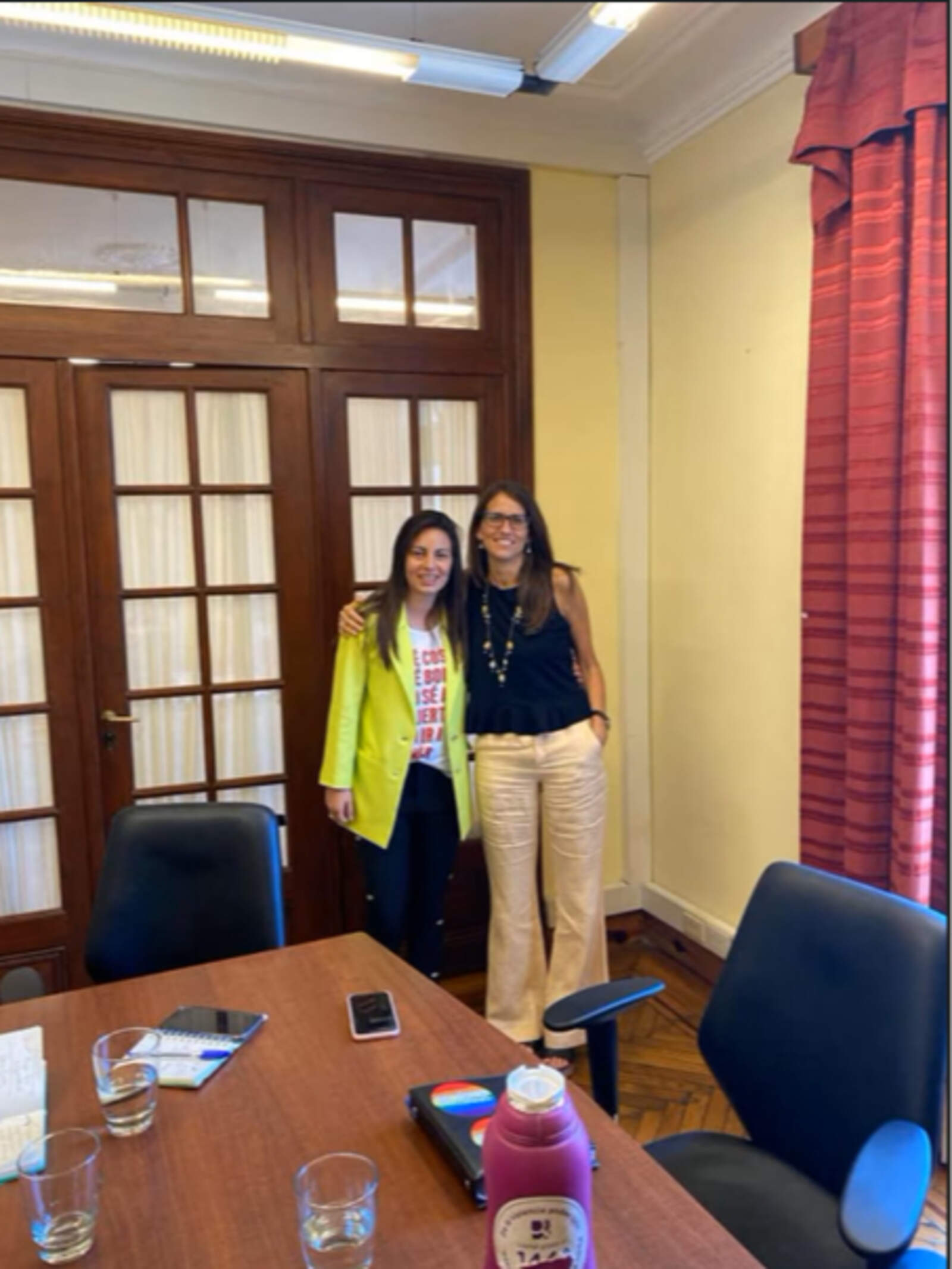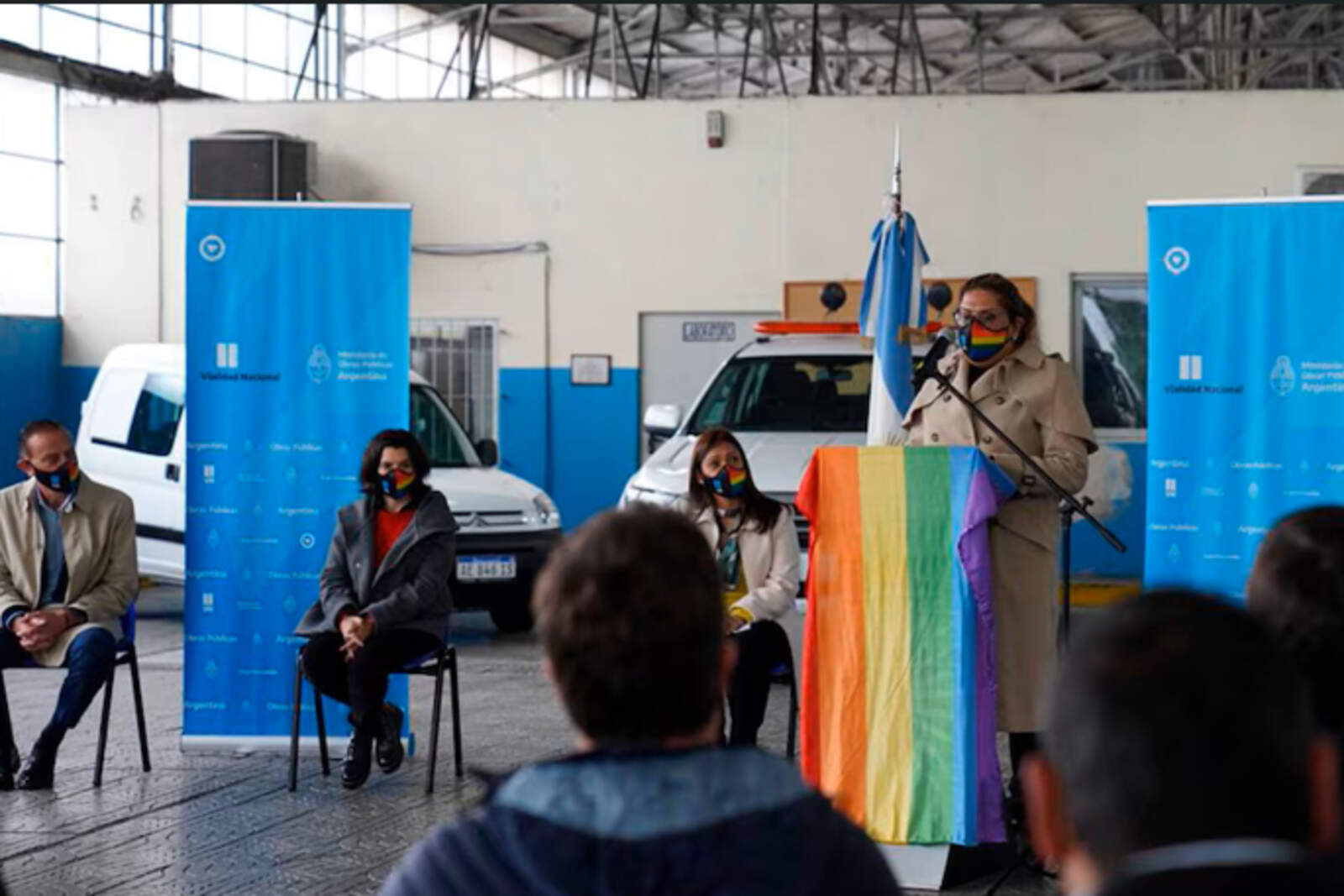An internal review ordered by the current Ministry of Justice, led by Mariano Cúneo Libarona, revealed a network of inefficiency and lack of transparency in the 13 programs that belonged to the defunct Ministry of Women, Genders, and Diversity. The audit was devastating: duplicate subsidies were detected, funds without accountability, beneficiary organizations without background, and materials purchased that never reached their recipients.
The decision to close these programs—with the promise of an annual savings of $6 billion for the State—was based on a technical report that detailed the discretionary use of public resources, the overlap of functions between areas, and the total absence of monitoring of the proposed objectives.

One of the most emblematic cases was the MenstruAR program, which promised to facilitate access to menstrual management products. According to the audit, the State purchased 18,616 menstrual cups, but only 1,200 were distributed, according to "the only accountability report" available. No management report was presented, and it is unknown what happened to the remainder.
The GenerAR program, designed to "strengthen the institutional framework in terms of gender and diversity" at the national and subnational levels, executed $941 million in 2023. However, 48% of the subsidies granted lacked management reports or concrete evidence of the results obtained.
"Beneficiary organizations were detected with a creation date close to the granting of the subsidy, without verifiable background of executing similar projects," states the report accessed by the media.

Something similar happened with the ArticulAR program, which spent $525 million in the last year of the Frente de Todos government. In this case, 42% of the subsidized entities did not present supporting documentation, and in many cases, the projects "could not be verified" or "deviated from the central objective of the program."
The most costly policy was the Strengthening of Gender Areas program, with $1.177 billion disbursed. Although it aimed to assist people in vulnerable situations due to gender identity, the report indicates that there was no control over the execution of resources. Functions even overlapped with the GenerAR program.
Regarding the Popular Schools for Gender and Diversity Training, it was determined that they were not linked to the formal educational system, it was not accredited how many people were trained, and there was no measurable sociocultural change. Even so, they consumed $562 million in 2023.
The IgualAR program, with a budget of $313 million, was pointed out as one of the most opaque. According to the audit, 85% of the transfers to municipalities and provinces did not have the corresponding sworn statements.
One of the most serious findings was the overlap of objectives between programs, which, according to the Ministry of Justice, "caused inefficiency in the use of public resources." The GenerAR and ArticulAR programs, for example, distributed funds to social organizations with almost identical purposes, leading to duplication of subsidies, risk of clientelism, and lack of traceability.
The audit also identified that AcompañAR, ArticulAR, and AcercAR Derechos addressed the same issues related to gender violence in a disorganized manner, offering economic support, legal assistance, and financing to social organizations, without any integration scheme or clear referral criteria.








